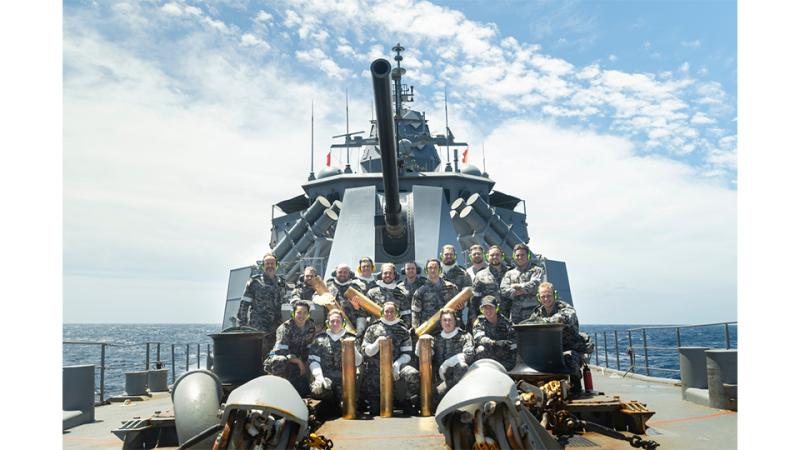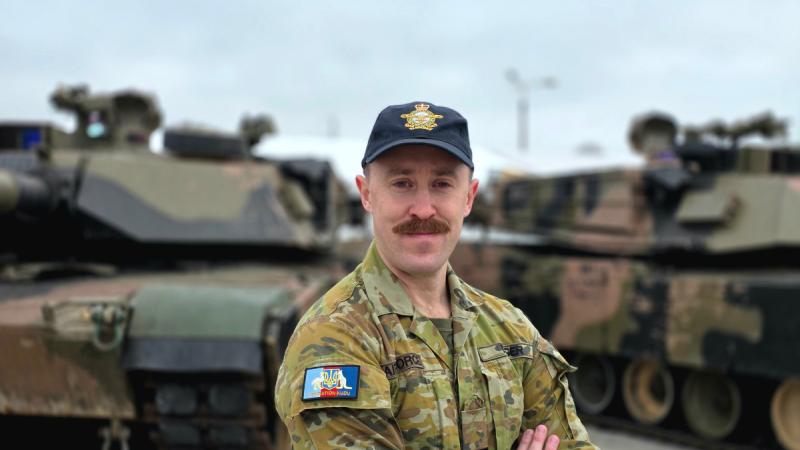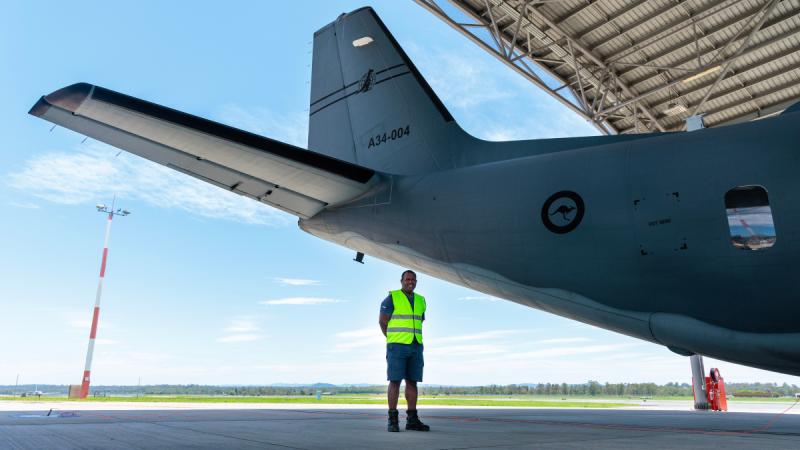16 September 2025
ADF personnel and Tuvalu authorities have completed a disaster response exercise to improve interoperability.
Exercise Longreach involved a series of activities planned and coordinated by the 1st (Australian) Division to prepare for and respond to major disasters and emergencies.
With a population of about 11,000, Tuvalu comprises a series of low-lying coral atolls and is considered one of the most climate-vulnerable nations in the world, sitting an average of just three metres above mean sea level.
The simulation exercise involved local authorities, including Tuvalu’s National Disaster Management Office and the Tuvalu Police Service, responding with ADF personnel to major disaster and emergency scenarios, including a cyclone event, water inundation, fire threat, and maritime search and rescue.
Tuvalu Prime Minister Feleti Teo said it proved to be a useful collaboration.
“The feedback I have received from officials on our side has been quite promising,” he said.
“They’re excited to further that collaboration and especially to have opportunities to build up their capacities in terms of disaster preparedness.
“With our elevated and enhanced relationship between Tuvalu and Australia under the landmark Falepili Treaty, we are, for the first time, having a partner who is committed to come to the aid of Tuvalu with our natural disasters, with health pandemics and if we are subjected to military aggression.”
'What we’ve learnt is that community engagement during a response to a disaster is essential.'
Contingent commander Major Paul Randall, of Headquarters 1st (Australian) Division, said Exercise Longreach in Tuvalu was an excellent opportunity for mutual learning and development of procedures.
“It’s been crucial for testing standard operating procedures, testing communications systems and testing the interoperability of the various agencies that come together in times of disaster,” Major Randall said.
“It has been a great opportunity also for the Defence team to understand the key challenges in this country so in the future, if we are requested to respond in a crisis, we’ll know what we are likely to face once in country.
“What we’ve learnt is that community engagement during a response to a disaster is essential. It has been a great success.”
The results of the exercise will help inform necessary changes for local authorities, and strengthen Tuvalu’s ability to rapidly respond to extreme weather events.
Australian High Commissioner to Tuvalu, David Charlton, said the ADF collaboration was another important pillar in the relationship between Australia and Tuvalu, along with the likes of healthcare, education and communication infrastructure.
“This type of activity is really important to the people of Tuvalu. The Exercise Longreach team from across all of government and Defence have learnt more about community, and community has learnt more about us,” Mr Charlton said.
“This is one of the great steps that brings us closer together.
“The enhanced relationship is broad; it’s not just about mobility pathway visas or healthcare or education; it’s about a total enhanced relationship between our two countries that brings us closer together to be better partners, and a really strong part of the Pacific family.”
Exercise Longreach is a series of activities facilitated by the ADF as part of a whole-of-Australian Government and NGO approach to build the capacity of Pacific Island partner nations Kiribati, Tonga, Fiji and Tuvalu to prepare for and respond to major disasters and emergencies.


